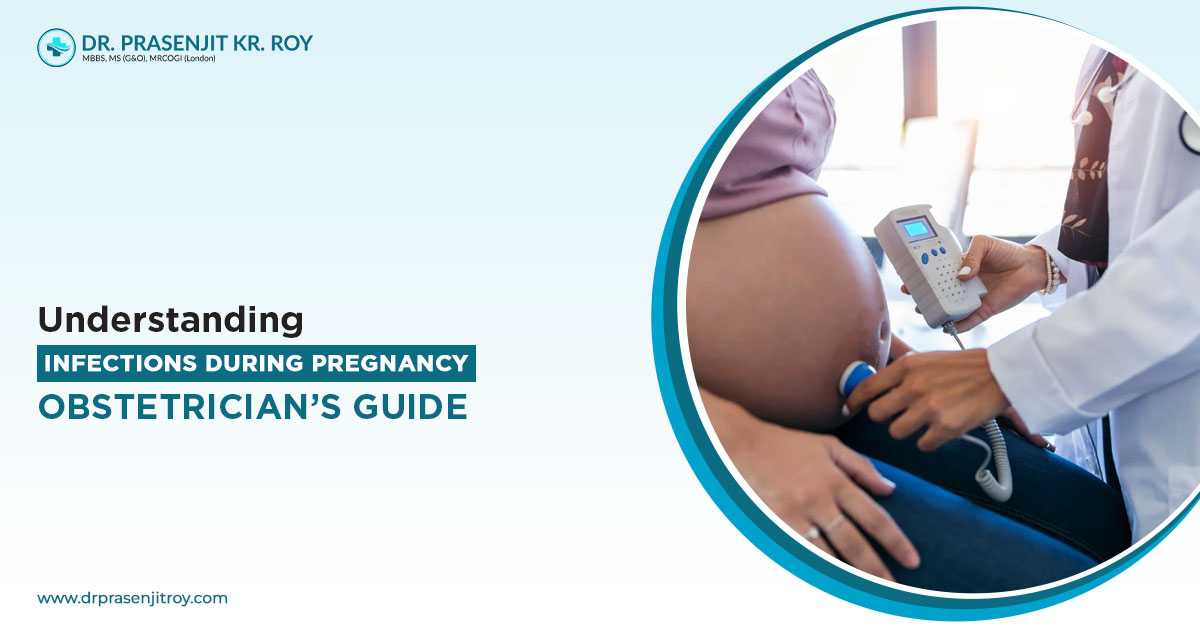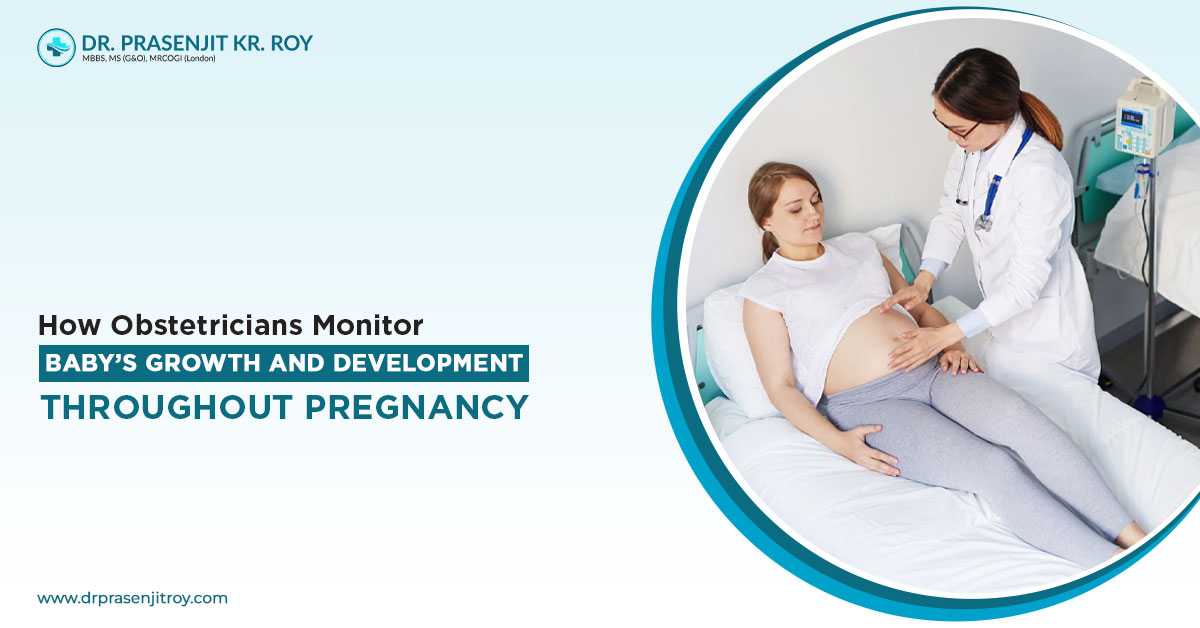Whether you are trying to expand your family or have been learning about the journey of pregnancy, one of the main topics you might need to consider is Fertility. Most people are well aware with the basics of fertility and how it works, but very few understand the complications and factors that can affect the outcome of the pregnancy.
The rate of pregnancy issues increases with the increase in age of women. This can be due to various factors from age to disorders, infertility and many more. Therefore, it is advised to seek for expert advice from the best obstetrician in Siliguri. This blog with acknowledge astonishing facts regarding fertility and how it can affect the outcome of pregnancy.
Here are the 7 surprising facts about infertility
Being Healthy does not mean you are fertile
Following a healthy lifestyle is indeed necessary for a successful pregnancy. However, it does not guarantee your fertility health and your ability to become pregnant. Even though you have perfect health you may have various other health issues that can become obstacles in your journey of parenthood.
Endometriosis, bad egg quality, and uterine conditions are some of the major factors that can highly affect your ability to conceive.
Weight does affect your fertility
Maintaining a healthy weight is crucial for enjoying a successful pregnancy outcome. Obesity or being underweight can increase the risk of pregnancy loss along with other birth complications. Bad management of weight can also lead to affect the ovulation and menstrual cycles of women.
Seeking advice from expert gynecologists in Siliguri can help you to manage your weight as per the needs for a healthy pregnancy.
Infertility affects males same as females
Infertility is highly associated with females, but infertility can affect males same as females. Men with infertility are unable to impregnant their partners which can also affect their mental wellbeing. Some of the major causes of male infertility are low sperm count and quality, sperm motility and erectile dysfunction.
Men too have a biological clock
While most women seem to have a decline in their egg quality with the inbreeding age, men too seem to have a decline in their sperm quality after a certain age. Most of the males have lower sperm count and motility by the time they hit the age of 35-40 years old.
Mental Stress can affect fertility
Mental health is one of the least spoken factors when it comes to fertility. An individual having poor mental health with suffering from anxiety and depression may have to face fertility issues. Stress, anxiety and depression are associated with abnormal regulation of hormones leading to unpredictable ovulation in women and low sperm count in males.
Smoking reduces the fertility window
According to a study people who smoke regularly tend to have less fertility window. The fertility of a 30-year-old who smokes can be the same as the fertility health of 40 years 40-year-old who does not smoke.
Fertility depends on lifestyle choices
Following a healthy lifestyle not only improves your overall health but also has a positive effect on your fertility health. Regular exercise, eating healthy foods, and reducing alcohol intake are some of the healthy lifestyle choices that promote fertility health in both men and women.







